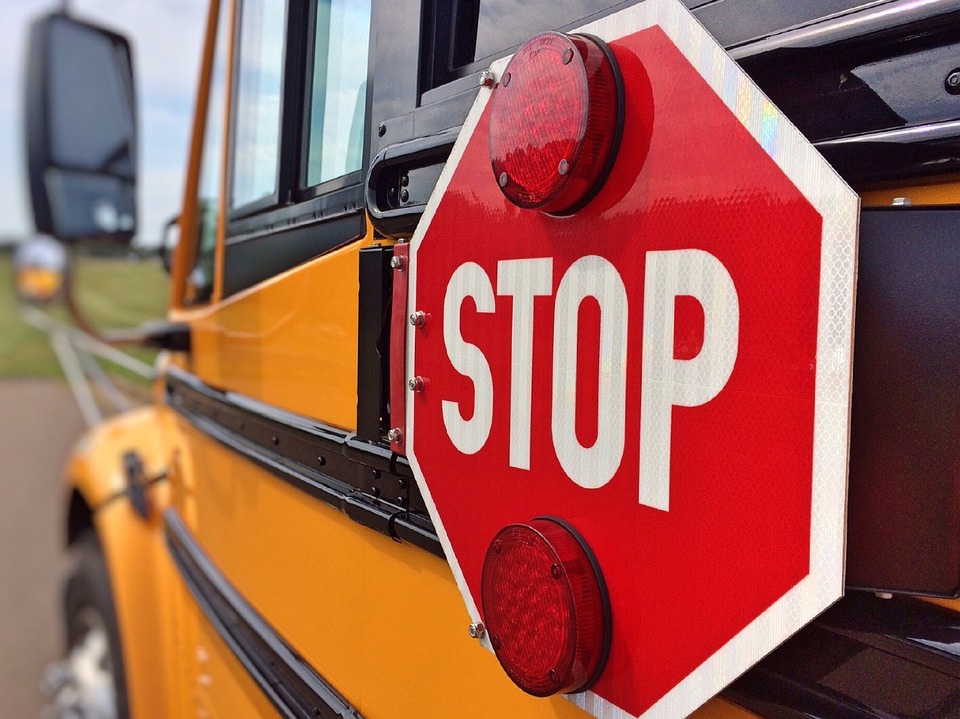School Districts #5 and #6 will each have one electric bus added to their respective fleet by the end of the 2020/21 school year.
“By shifting gears from diesel to electric school buses, these K-12 students are benefiting from our government’s work to create healthier and more sustainable learning environments across B.C.,” said Premier John Horgan. “Electric school buses produce zero emissions and also support CleanBC’s target to reduce greenhouse gas emissions by 40% by the year 2030, helping build a cleaner, healthier future for all of us.”
The B.C. Government said 13 school districts across the province have purchased a total of 18 electric busses.
“I am constantly inspired by youth who push us to think about our environmental impact and their future,” said Jennifer Whiteside, Minister of Education. “By making green investments in transportation and facilities, B.C. school districts can ensure students live, play and learn in cleaner communities that reflect our shared commitments.”
B.C. said travel on an electric bus is smoother, quieter and healthier than traditional diesel buses. Electric buses produce zero carbon dioxide emissions and are more cost-effective over time. Each bus will save about 17 tonnes of greenhouse gas emissions annually.
“Our kids deserve a clean, healthy future, and that’s why we’re investing in zero-emission school buses in communities across B.C.,” said George Heyman, Minister of Environment and Climate Change Strategy. “By acting now to address climate change, we’re demonstrating leadership for young people by reducing pollution, improving air quality and building a more secure future for our kids and grandkids.”
The vehicles also save money when comparing diesel fuel to electricity. They also have fewer moving parts, which can translate to less maintenance and fewer repairs.
That said, electric busses have a significantly higher price tag compared to their diesel counterpart. The B.C. Government said each bus will cost the respective school district about $350,000 compared to an average of $150,000 for an equivalent diesel bus.
The Ministry of Energy, Mines and Low Carbon Innovation has allocated supplemental funding of up to $150,000 toward the cost of each electric bus.
Additionally, the Province will provide funding to school districts to build charging infrastructure.
“We continue to invest in clean energy solutions to reduce emissions and provide future cost savings. These investments allow British Columbians to benefit from sustainable buildings, green transportation options and energy-efficient projects,” said Bruce Ralston, Minister of Energy, Mines and Low Carbon Innovation. “Electric school buses will provide quieter rides for students and cleaner air in many B.C. communities.”
The following school districts will add electric busses to their fleet this school year:
- SD 5 – Southeast Kootenay (one)
- SD 6 – Rocky Mountain (one)
- SD 20 – Kootenay-Columbia (one)
- SD 22 – Vernon (two)
- SD 23 – Central Okanagan (three)
- SD 62 – Sooke (two)
- SD 67 – Okanagan-Skaha (one)
- SD 68 – Nanaimo Ladysmith (two)
- SD 69 – Qualicum (one)
- SD 73 – Kamloops-Thompson (one)
- SD 79 – Cowichan Valley (one)
- SD 84 – Vancouver Island West (one)
- SD 85 – Vancouver Island North (one)



